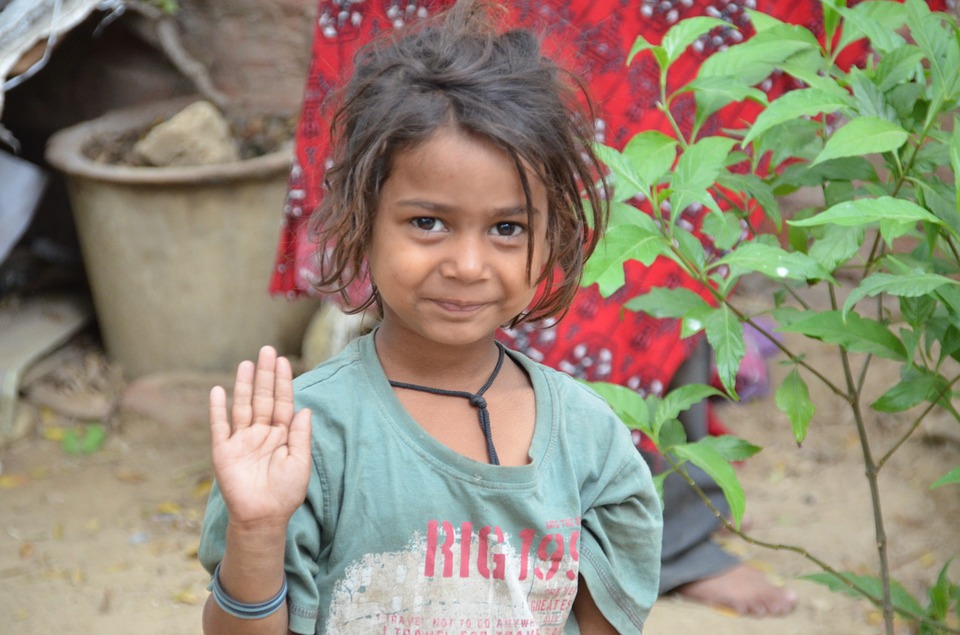Translating deep thinking into common sense
Banning Child Labor Pushes Street Children into Crime

By Anoop Verma
August 12, 2016
SUBSCRIBE TO SAVVY STREET (It's Free)
The world over, as per the estimates of the United Nations, there are up to 150 million street children. Almost every city in the world, even the biggest and most developed ones, have street children. These children are vulnerable to all forms of exploitation and abuse.
According to some reports, there are more than 400,000 street children in India. An analysis of the crime records from 2011 reveals that, in India, 1,408 street children were killed and 1,408 others were raped in 2010. In that year, in the capital city alone 29 children were murdered and 304 were raped.
But these figures represent only a small fraction of the crimes committed against street children. Vast majority of the crimes against street children never get reported.
The world over, as per the estimates of the United Nations, there are up to 150 million street children. Almost every city in the world, even the biggest and most developed ones, have street children. These children are vulnerable to all forms of exploitation and abuse.
The condition of many of the orphanages is so bad that the street children often abscond from these homes. Instead of doing the job of protecting and educating the children, some orphanages turn into exploitation centers.
With such a shocking state of affairs you may ask why are the intellectuals and politicians in most countries enacting and enforcing laws to ban child labor?
With the steady income from a job the street children can have the means for making their lives more tolerable—they can leave the street and move into a safe accommodation.
With the steady income from a job the street children can have the means for making their lives more tolerable—they can leave the street and move into a safe accommodation. Even if their job pays them less than what an adult may earn, it is a better option than living on the street.
A life on the street is almost certain to push the children into the less protected areas like drugs, begging, and crime. The fate of girl children is most grim; they are often picked up by sex trade brokers and forced into prostitution.
Most of the street children are not orphans; many are in touch with their families who live in villages or smaller towns, or even in slums in the same city. These children are expected to earn something and augment their family income.
When child labor is banned, the avenue for getting a proper job in any legitimate company is closed, and they are forced to take all kinds of odd jobs which are often exploitative, demeaning and even dangerous.
If these boys and girls are working in factory premises, they can avoid many of the dangers that they face on the street. A proper job will also provide them with some work experience so that they can prepare themselves for a fulfilling adult life.
A system can be developed where the employer takes all the necessary steps to make the children’s working life bearable. There can be a provision for on-site schooling. The employer can also provide accommodation at a subsidized rate to the homeless kids.
The intellectuals and politicians are totally out of touch with reality—they insist on a total ban on child labor. They believe that just by banning child labor they will create a utopia in which there is no need for any child to work.
But the intellectuals and politicians are totally out of touch with reality—they insist on a total ban on child labor. They believe that just by banning child labor they will create a utopia in which there is no need for any child to work—even the most impoverished children will be free to spend their time in playing, learning, relaxing and enjoying life.
Unfortunately, the ban on child labor has unintended consequences—it is leading to an even worse situation for the street children.
Several multinational companies are now committed to eradicating any form of child labor from their supply chains. These companies have no option except to stop using child labor because most governments have outlawed child labor. In some large markets there are restrictions on sale of goods made through the use of child labor.
The ban on child labor has unintended consequences.
It is noteworthy that the ban on child labor can be enforced only on law-abiding businesses—it can’t be enforced in underground jobs like begging, prostitution and all kinds of crime. By banning child labor, we are essentially forcing the street children to opt for underground jobs which will devastate their lives.








